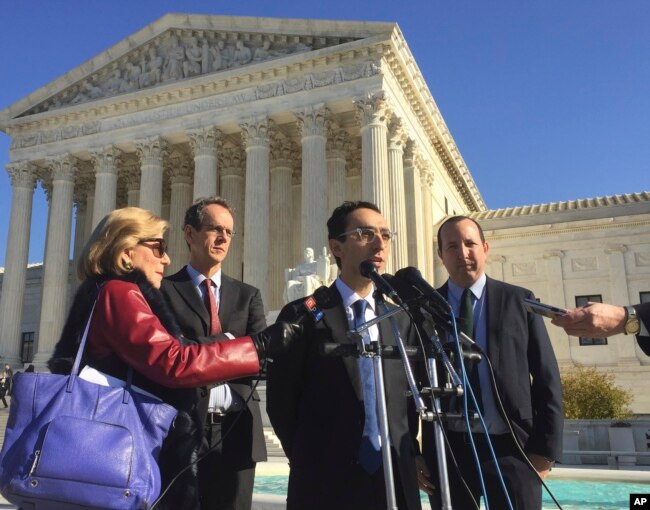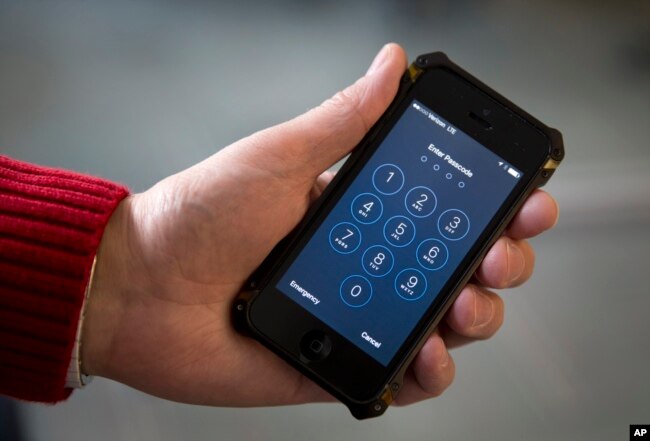- Feb 12, 2007
- 59,384
- 24,018
- 2,290
Dictionary.com has chosen "Privacy" as word of the year...a word that is sadly becoming quite obsolete.
Can you summarize 2013 in a single word? Dictionary.com, which touts itself as the most-visited online dictionary, thinks so — and the one it’s chosen, thank heavens, is not “twerk.”
Instead, it’s a word which, pretty much by definition, is deeply serious: “privacy.”
In an infographic it prepared to explain its choice — see below — Dictionary.com itemized 30 privacy-related news stories from 2013. They include by far the biggest one of the year: Edward Snowden’s revelations about the NSA’s sweeping covert surveillance of Internet traffic. But the list also covers everything from the discovery that it’s possible to recover Snapchat photos after they’ve disappeared to the incident in which a Seattle eatery kicked out a patron who was wearing Google Glass.
Unlike “twerk,” “privacy” is about the furthest thing possible from a neologism, but Dictionary.com said that was a point in its favor. “etymologically, ‘privacy’ is such an interesting word,” says Rebekah Otto, head of content for Dictionary.com. She points out that it derived from privatus, the Latin word for those things that were not publicis, because they didn’t belong to the Roman people.
Though “privacy” has a rich history, it’s also a word with implications that are subject to ongoing change. “Our definition of privacy reads: ‘The state of being free from intrusion or disturbance,’” Otto says. “As we were considering this, we realized that it’s incomplete in a way. The big question is, free from whom? Is it the other person in the restaurant wearing Google Glass, or the NSA, or your Waze app, or other things that you might be interacting with on a frequent basis?”
The fact that Dictionary.com chose a word with such resonance in the digital age isn’t a coincidence. “We’re the first online dictionary — we’ll be 19 years old next year,” says Michele Turner, the company’s CEO. “We think about what’s happening in the online world a lot.”...
"Privacy" Is Dictionary.com's 2013 Word of the Year | TIME.com!
Can you summarize 2013 in a single word? Dictionary.com, which touts itself as the most-visited online dictionary, thinks so — and the one it’s chosen, thank heavens, is not “twerk.”
Instead, it’s a word which, pretty much by definition, is deeply serious: “privacy.”
In an infographic it prepared to explain its choice — see below — Dictionary.com itemized 30 privacy-related news stories from 2013. They include by far the biggest one of the year: Edward Snowden’s revelations about the NSA’s sweeping covert surveillance of Internet traffic. But the list also covers everything from the discovery that it’s possible to recover Snapchat photos after they’ve disappeared to the incident in which a Seattle eatery kicked out a patron who was wearing Google Glass.
Unlike “twerk,” “privacy” is about the furthest thing possible from a neologism, but Dictionary.com said that was a point in its favor. “etymologically, ‘privacy’ is such an interesting word,” says Rebekah Otto, head of content for Dictionary.com. She points out that it derived from privatus, the Latin word for those things that were not publicis, because they didn’t belong to the Roman people.
Though “privacy” has a rich history, it’s also a word with implications that are subject to ongoing change. “Our definition of privacy reads: ‘The state of being free from intrusion or disturbance,’” Otto says. “As we were considering this, we realized that it’s incomplete in a way. The big question is, free from whom? Is it the other person in the restaurant wearing Google Glass, or the NSA, or your Waze app, or other things that you might be interacting with on a frequent basis?”
The fact that Dictionary.com chose a word with such resonance in the digital age isn’t a coincidence. “We’re the first online dictionary — we’ll be 19 years old next year,” says Michele Turner, the company’s CEO. “We think about what’s happening in the online world a lot.”...
"Privacy" Is Dictionary.com's 2013 Word of the Year | TIME.com!
Last edited:



